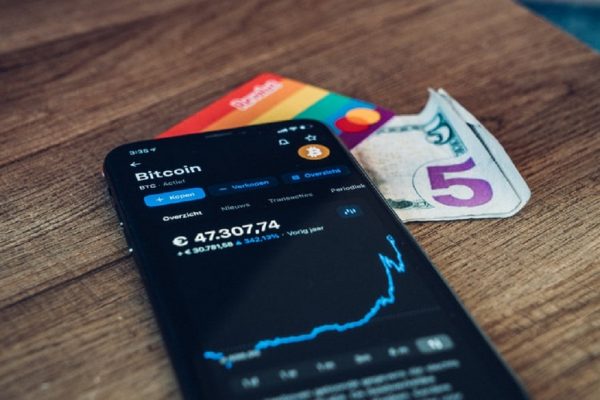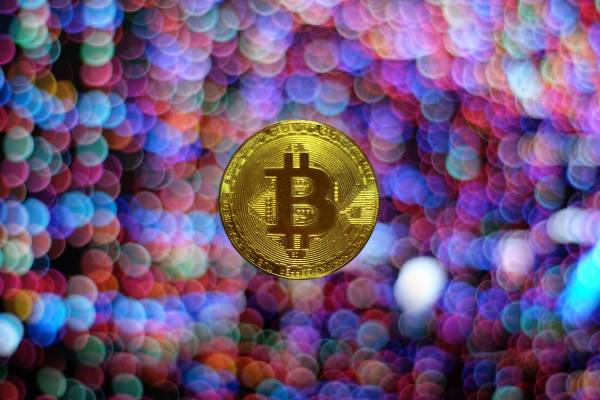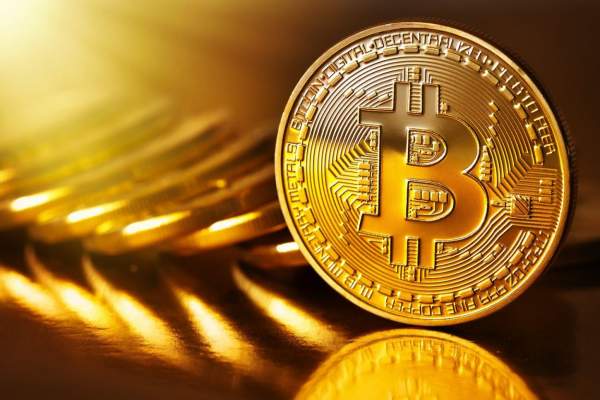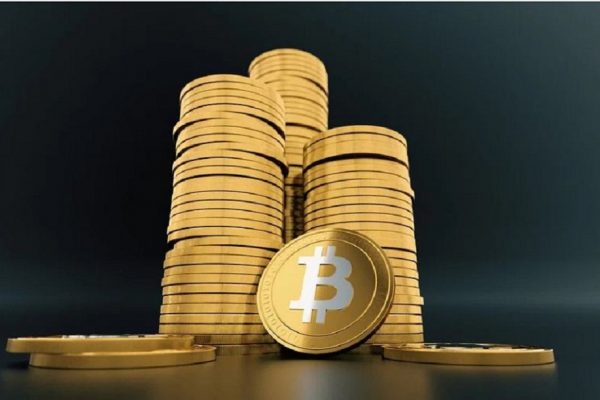Sharpe ratio is a formula that is used by investors to compare the return on investment with the risks. To understand the Sharpe ratio better, it is the difference between the high returns of a high-risk asset and low returns of a low-risk asset like the U.S treasury T-Bill.
The Sharpe ratio was developed by Nobel laureate William F. Sharpe and is used to help investors understand the return of an investment compared to its risk. The ratio is the average return earned in excess of the risk-free rate per unit of volatility or total risk. Volatility is a measure of the price fluctuations of an asset or portfolio. Subtracting the risk-free rate from the mean return allows an investor to better isolate the profits associated with risk-taking activities.
Contents
The following is the Sharpe ratio grading threshold:
- Below 1: Bad
- Between 1 and 1.99: Good
- Between 2 and 2.99: Very good
- Greater than 3: Excellent
A Sharpe ratio that is above 1 is generally considered good and it means that the portfolio has the capability to offer high returns in comparison with its volatility. Investors usually compare the Sharpe ratio of any portfolio in relation to its peers. It is for this reason that the Sharpe ratio for bitcoin is compared with that of the U.S treasury T-Bills.
The following is the formula for calculating Sharpe ratio
Sharpe ratio = (Rp-Rf)/σp
Where:
Rp = Return of portfolio
Rf = Risk-free rate
*σp*=Standard deviation of the portfolio’s excess return
What is a good Sharpe ratio? Any Sharpe ratio greater than 1.0 is considered acceptable to good by investors. A ratio higher than 2.0 is rated as very good. A ratio of 3.0 or higher is considered excellent. A ratio under 1.0 is considered sub-optimal.
Some bitcoin investors argue that Bitcoin is the only asset with a Sharpe ratio that is greater than 1. It is a high-risk asset that tends to have a high return.
Before investing in bitcoin, it is good for any investor to consider the returns of holding a risk-free asset compared to the returns of a high-risk asset with high returns. Some of the low-risk assets include the US treasury T-Bill.
Is Bitcoin Sharpe Ratio Greater Than 1?
#Bitcoin is the only asset with a "Sharpe ratio" > 1 (return>risk)! Classic asset (stocks, bonds, gold) risk & return basically flat. Even FAANG (Facebook, Apple, Amazon, Netflix, Google) .. not even close to btc. Note I skipped bitcoin's first years (2009-2012) and updated data.
— PlanB (@100trillionUSD) January 25, 2020
Last year, PlanB, a bitcoin tweep, observed that bitcoin is the only asset that has a Sharpe ratio that is greater than 1. It means that the returns of investing in bitcoin are much higher compared to the risks. He went ahead to state that he skipped bitcoin during its initial stages when its prices were extremely low. This means that bitcoin, in his views, has higher Sharpe ratio than classical assets such as bonds, stocks and gold.
Nassim Taleb’s Take on PlanB’s Bitcoin Sharpe Ratio
Nassim Nicholas Taleb, an author and a bitcoin commentator for a very long time differed with PlanB’s bitcoin Shape ratio observation. He stated that the Sharpe ratio does not apply to bitcoin, unlike other assets. Unfortunately, he did not state the reasons why he thinks that the Sharpe ratio does not apply to bitcoin. Although he is a renowned trader and a statistician, many people did not seem to agree with him. Previously, a majority of traders had agreed with PlanB’s statement.
Many traders and detractors do not see bitcoin becoming a currency for commerce due to its high volatility. However, many speculators and traders like to use assets with high volatility and high Sharpe ratio. The level of volatility in bitcoin has been on the decline for some time now. Despite the ups and downs in the prices of bitcoin, many traders are still making profits.
Sharpe ratio vs Sortino ratio: The Sharpe ratio indicates how well an equity investment is performing compared to a risk-free investment, taking into consideration the additional risk level involved with holding the equity investment. The Sortino ratio is a variation of the Sharpe ratio that only factors in downside risk.
Investment Manager A generates a return of 15%, and Investment Manager B generates a return of 12%. It appears that manager A is a better performer. However, if manager A took larger risks than manager B, it may be that manager B has a better risk-adjusted return. To continue with the example, say that the risk-free rate is 5%, and manager A’s portfolio has a standard deviation of 8% while manager B’s portfolio has a standard deviation of 5%. The Sharpe ratio for manager A would be 1.25, while manager B’s ratio would be 1.4, which is better than that of manager A. Based on these calculations, manager B was able to generate a higher return on a risk-adjusted basis. – Investopedia
Final Thoughts on Sharpe Ratio Cryptocurrency
Although there is a controversy around PlanB’s tweet that bitcoin is the only asset that has a Sharpe ratio of greater than 1, investing in bitcoin will fetch you higher returns. It is not a get-rich-quick scheme, but many people who invested in bitcoin have ripped big from it, especially when holding the asset for more than 4 years. Although there are risks involved in investing in bitcoin, the returns are higher compared to the risks.






